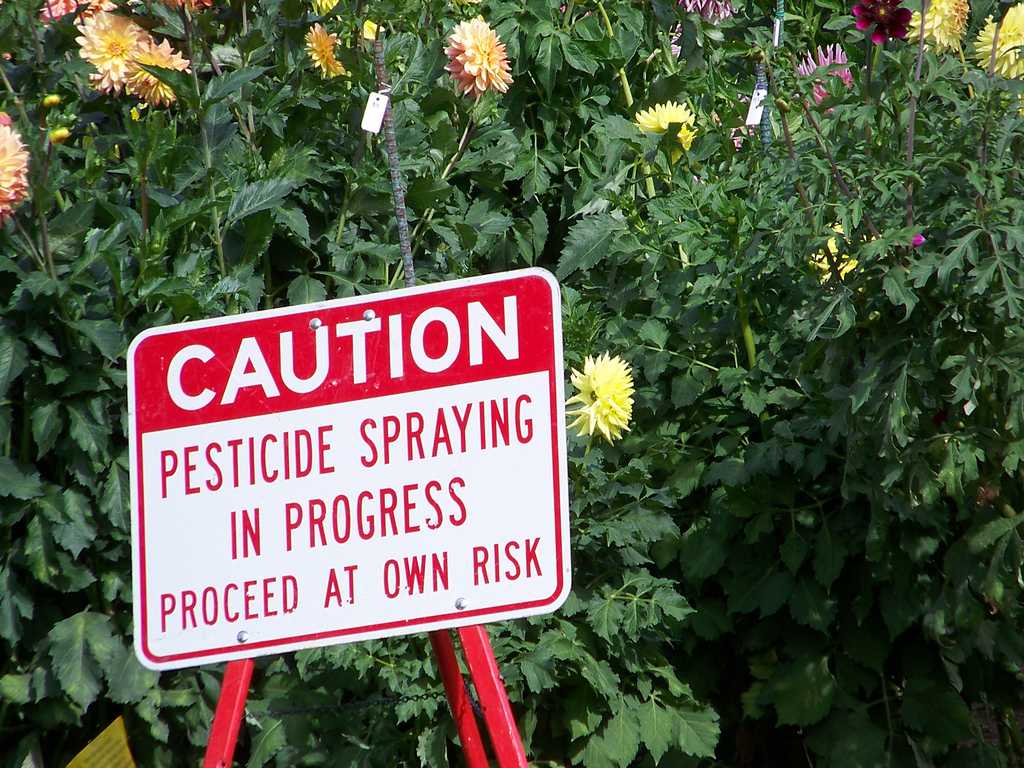Pesticides have always been considered a necessary evil to ensure that the crunch from Caesar salad comes from croutons and not from an unexpected beetle. Although pesticides are capable of eliminating much hated pests, they come with many health defects, pollution and overall destruction of habitats. Since pesticides are often agents with the potential to cause tremendous harm to the environment, many scientists have been seeking an alternative way to eliminate these pesky, kale-consuming organisms. Researchers may have found the perfect substitute.
Rather than creating poisonous chemicals to ward off pests, scientists are targeting the building blocks of life itself: DNA. With newly developed technology that makes genetic engineering easier than ever, researchers led by Dr. Andrew Shelton at Cornell University have produced genetically- pest: the Diamondback moth that has been plaguing cabbage
These moths are infused with DNA that makes all female larvae inviable. If these moths are able to successfully mate with the wild population, the subsequent offspring would theoretically contain very few, if any, live females to continue the species’ survival. Similarly, other researchers in Florida are considering the possibility of genetically-altering mosquitoes to combat insect-borne viruses such as dengue.
By altering genes and manipulating mating, researchers have essentially created nature’s own self- destruct button.
Previous studies performed on a smaller scale have shown promising results with a rapid decline, followed by elimination, of contained pest populations. Shelton and his colleagues hope to expand the project into agricultural farms in the near future.
A controlled population mosquitoes might be released into a Key West community in the next year.
Of course, many are extremely concerned about the implications of genetically engineering organisms and its potential impact on the natural world. Since DNA often encodes for particular proteins, the effects of the synthetic proteins created by these altered genes are relatively unknown. Some worry that these proteins may harm the pests’ natural predators, with unpredictable consequences to wildlife.
Residents of Key West are unsettled by the idea of being part of a risky experiment with genetically altered mosquitoes. Farmers in New York have protested the Diamondback moth experiment due to its potential contamination of nearby farms, which may jeopardize their organic farm status.
Photo Courtesy of Flickr








James | Apr 4, 2016 at 9:09 pm
I heard a lot of work is being done to get rid of bees